
Anxiety Procrastination is a common behavioral problem that many people struggle with. It is the tendency to put off or avoid tasks or activities because of fear, anxiety, or indecisiveness. This can lead to incomplete or delayed completion of tasks, leading to increased stress, frustration, and anxiety. Adopting a new mindset or approach to anxiety procrastination can help individuals overcome their fears and manage their anxiety more effectively.
What is anxiety Procrastination?
Procrastination and anxiety are often correlated. Anxiety Procrastination is a common form of anxiety that can be caused by many things, including:
-Easiness to distract yourself from tasks you do not want to complete.
-Fear of failure.
-Feeling overwhelmed by the size or complexity of the task at hand.
One of the most common ways people describe procrastination is as “anxiety.”
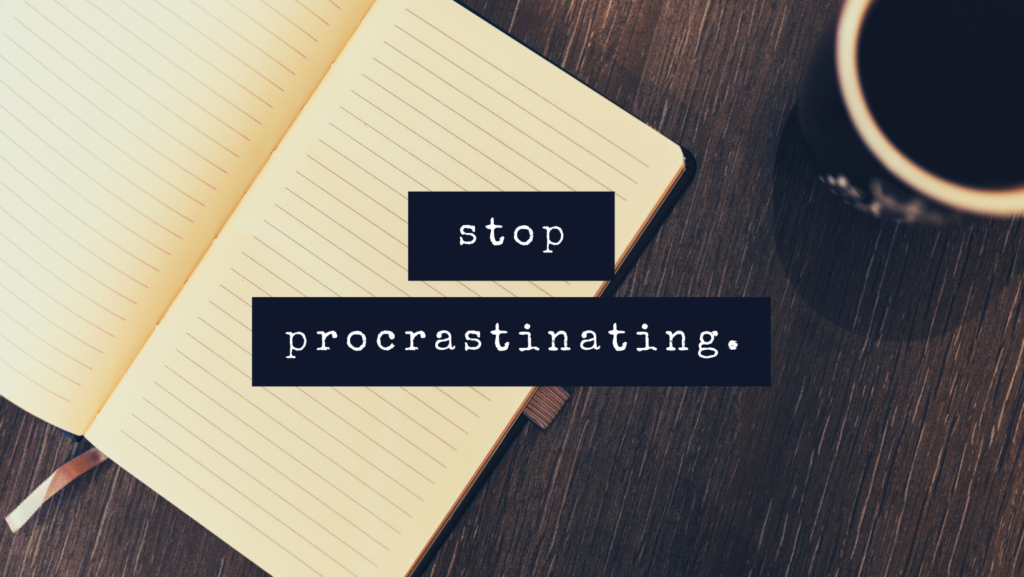
This is because when we procrastinate, we often feel anxious. We might feel like we’re delaying something important, making us anxious. We may also worry about how our work will turn out if we don’t do it immediately. Or maybe we just have a hard time getting started on a task and must overcome that hurdle before moving on to something else?
Whatever the reason, anxiety Procrastination can lead us to put off important things—and even if it doesn’t seem like a big deal now, it will eventually snowball into something much larger than it originally was.
Procrastination and anxiety
Procrastination and anxiety are two of the most common mental health issues. They are also two of the most difficult to treat because they can feel similar, but they are different problems with different causes and solutions.
When you’re procrastinating, you typically know what needs to be done. You don’t want to do it. For example, you might know you need to start working on a project or call your mom back after not responding to her last text. But instead of doing that, you decide to check Instagram instead.
If this sounds like something that happens to you often, then chances are good that you have anxiety procrastination. Anxiety disorders can cause people to avoid situations that make them feel uncomfortable or uncertain about themselves or their surroundings – like work projects or talking on the phone – even if those things are necessary for them (or even if they would be fun!).
Why Do People Procrastinate?
People procrastinate for a variety of reasons. You may have some of the same reasons, or you might have different ones. Either way, it’s important to be aware of your reasons for procrastinating so you can combat them and get more done!
Some common reasons people procrastinate include:
-They don’t want to do the work.
If you don’t feel like doing something, putting it off is easy until later. But this is just another form of avoidance—you’re just putting off getting started! The best way to combat this type of anxiety procrastination is by setting smaller goals for yourself and giving yourself rewards when you reach them (and then giving yourself more rewards when you finish!)
-They’re afraid they’ll fail or look stupid.
This is a tough one because sometimes we fear we’ll fail or look stupid if we start something new. The truth is that no one else cares what you look like when you try new things—they’re too busy worrying about their own stuff! But why do we let other people’s opinions influence whether or not we do something?
There are several reasons why people procrastinate. Some of them include the following:
– We don’t believe we’ll enjoy the task once we get started, so we put it off until we feel it will be fun.
– We have too many things going on at once, and putting off one thing means having more time for another.
– We stubbornly cling to our current way of doing things, even if better ways are available.
– We don’t like change, even if it would make our lives easier or more successful.
How does Anxiety Cause Procrastination?
Anxiety is a feeling of unease, apprehension, or dread. Many things, including a traumatic experience or current stressors, can cause it. Anxiety can make you feel like you can’t do anything—and it’s understandable if you want to avoid tasks that cause you anxiety.
But when you avoid doing things that make you anxious, it can lead to anxiety procrastination. When we procrastinate, we put off our work until later, which often means it’s never done. And when something is never done, it can make us feel even more anxious about it, making us want to put off doing it even more!
This cycle is called the “procrastination loop,” If you’re stuck in it, one way out is to face your fears head-on and take action even though you’re nervous about what might happen.
The Impact of Anxiety Procrastination on Mental Health
Anxiety can have a wide range of negative effects on your mental health. Anxiety procrastination can cause or exacerbate depression, which is characterized by feelings of sadness and hopelessness. Depression has been linked to poor academic performance, low self-esteem, and even suicide.
Anxiety also increases the risk of developing an anxiety disorder such as obsessive-compulsive disorder (OCD), generalized anxiety disorder (GAD), panic disorder, and post-traumatic stress disorder (PTSD). In addition to these issues affecting mental health, people who suffer from chronic pain may experience increased stress levels that lead them to procrastinate behaviors such as avoiding activities they enjoy or watching television more than doing homework assignments because it’s easier than facing their fears head-on.
How to Overcome Anxiety Procrastination
Identify Thoughts
To overcome anxiety procrastination, you need to identify the negative thought patterns that are causing you to avoid your work. These can be anything from “I’m not good enough” or “I’ll never get this done” to “What if something goes wrong?”
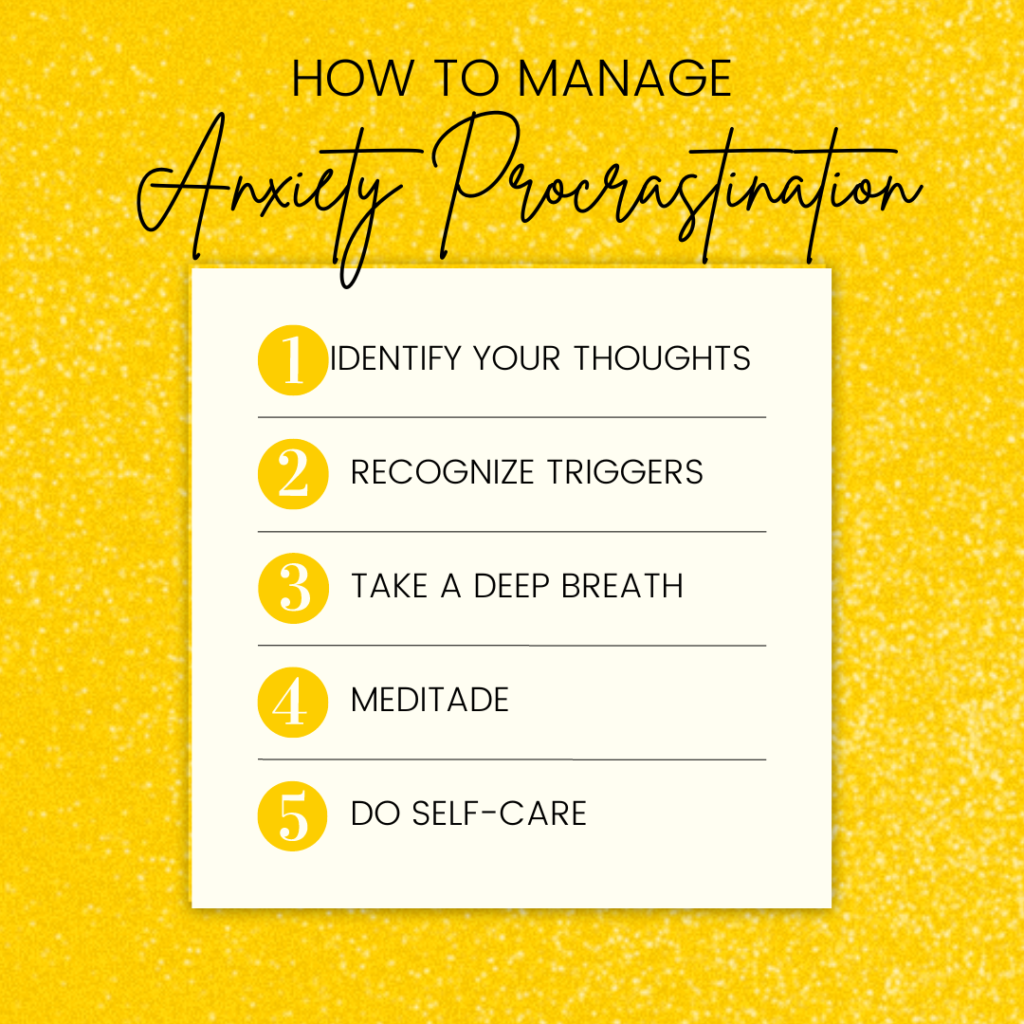
Recognizing Triggers for anxiety Procrastination
A big part of managing anxiety procrastination is learning to recognize your triggers. When you know what makes you anxious, avoiding or preparing for those situations is easier. For example, if your anxiety tends to kick in when it’s time for an important presentation at work, then maybe it would be helpful for you to practice giving presentations at home first so that when the real thing arrives, there won’t be any surprises!
Or maybe knowing that one particular person always makes you nervous will help guide how much time and energy (and therefore stress) should go into preparing for meetings with them in the future.
Create Positive mindset
Set realistic goals for yourself to counteract these thoughts and create a more positive mindset. For example, instead of saying, “I will finish this project by tomorrow,” try saying, “I will spend at least 30 minutes working on my project today.” If you struggle with this step because there is so much left undone on your plate (or in your mind), consider delegating some tasks to others who may be able to help out–or hire someone who specializes in getting things done!
Develop a Support System
It’s also important that when tackling big projects like school assignments or business goals, develop a support system around yourself so that when times get tough, or anxiety Procrastination arises during stressful periods where there seems no end in sight (i.e., finals week), there are people around who care about helping make things better rather than worse by enabling bad habits.
Finding Supportive People
Another important part of managing anxiety procrastination is finding supportive people who understand what it’s like living with this condition and can provide encouragement when things get tough! If possible, try connecting with others who have similar experiences; support groups are often a great place for this kind of connection because everyone understands exactly where each person stands in terms of their mental health journey.
Stress Management Techniques
Stress management techniques are a great way to reduce the stress that can lead to anxiety Procrastination. Some of the most effective methods include meditation, yoga, and mindfulness.
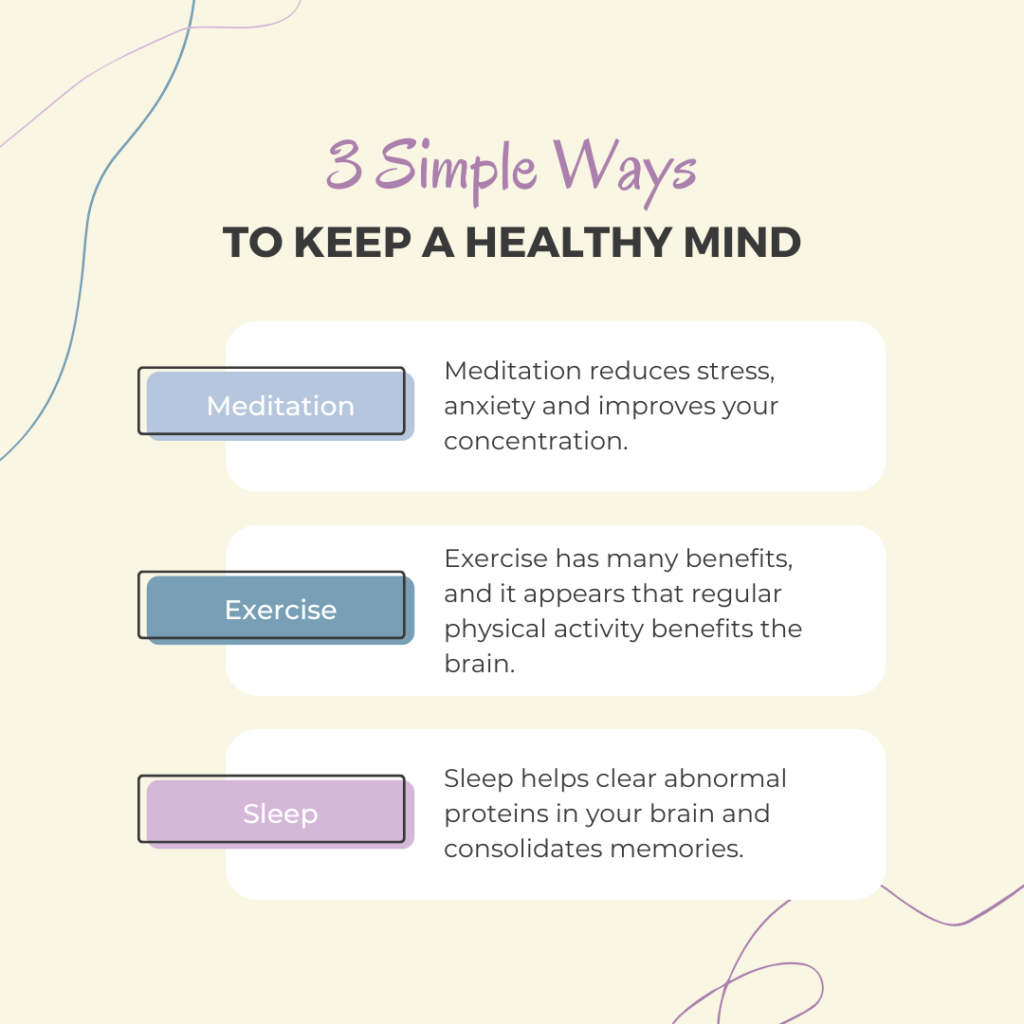
Meditation
Meditation involves focusing on your breath as you breathe in and out for a specific period of time (usually 5-10 minutes). This helps center your mind so that it’s less likely to wander off into stressful thoughts about what needs to be done or what has already been completed.
Yoga
Yoga is another great way to relax because it allows you to move through poses while focusing on breathing deeply–which also helps clear the mind from worries!
Mindfulness
Mindfulness is similar in concept to meditation; however, instead of focusing on your breath, this technique encourages practitioners simply notice what they’re experiencing right now without judging it as good or bad: “I’m feeling anxious right now,” versus “This anxiety must go away immediately!”
The Benefits of Overcoming Anxiety Procrastination
Overcoming anxiety procrastination have a profound impact on your life. Here are just a few of the benefits:
Increased productivity
You can get more done when you’re not constantly putting things off due to anxiety procrastination. You’ll be able to tackle your to-do list with more focus, energy, and efficiency.
Reduced stress
Anxiety and procrastination can be a vicious cycle, with one feeding into the other. Breaking that cycle can help you feel more in control of your life and reduce overall stress levels.
Improved self-esteem
If you’re constantly procrastinating, it’s easy to start feeling like a failure. Overcoming that habit can help boost your confidence and self-esteem.
Better relationships
Procrastination can lead to missed deadlines and broken commitments, which can strain personal and professional relationships. Overcoming anxiety procrastination can help you build trust and respect with others.
More time for fun
When you’re not constantly worrying about what you should be doing, you can actually enjoy your free time more fully. You’ll have more time and energy to pursue hobbies, spend time with loved ones, or just relax and recharge.
The Role of Technology in Anxiety Procrastination
You may be using the technology to your progress and ensure you’re making the most of your time. This is a great way to use technology for good, but it can also be a source of anxiety when we feel like we’re not doing enough.
Use technology to help you stay on top of things by setting up reminders and notifications that will nudge you into action when needed. For example: If you know that you need to go grocery shopping on Saturday morning before 11 am, then you will set the alarm on your phone so that even if you forget about it in your sleep-deprived haze during the weekdays, there’s still a chance at least the app will remind you!
Another example would be using apps like Calm (for meditation) or Headspace (for guided mindfulness training). These tools can help lower stress levels while improving focus and productivity–which are two things often affected by anxiety!
How to Deal with anxiety procrastination
Here are some tips that have helped you cope with anxiety procrastination:
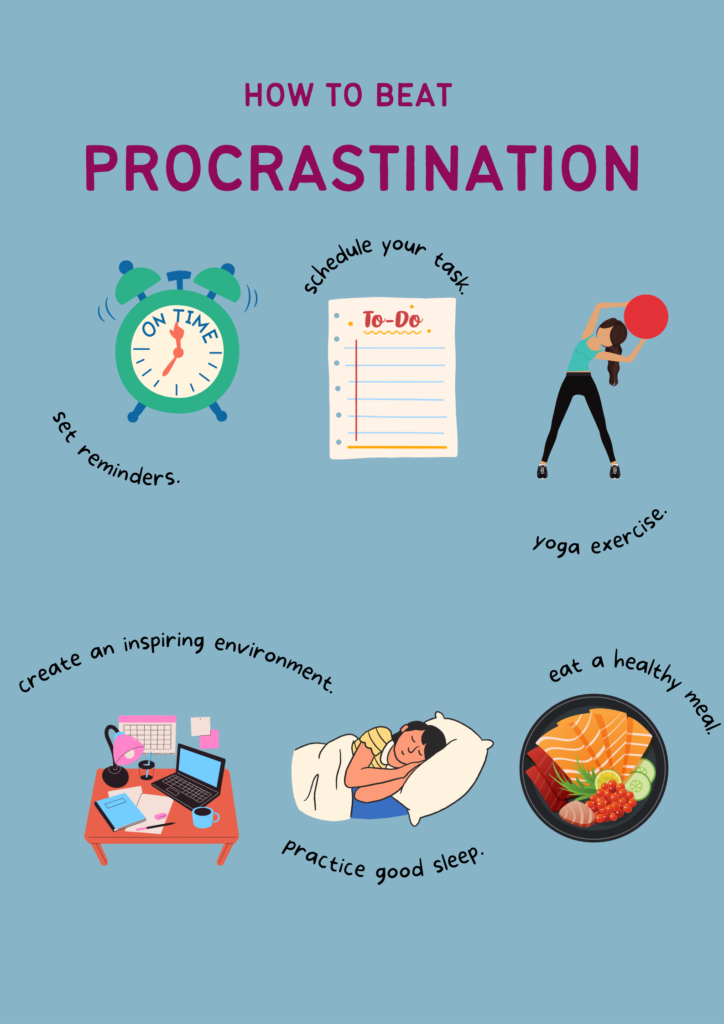
1. Identify the root cause of your anxiety. Is it related to a specific task, or is it a more general feeling? Address effectively.
2. Break your tasks into smaller, more manageable steps. When we feel overwhelmed, it’s easy to put off tasks that seem too big or daunting. You can make progress and build momentum by breaking them down into smaller steps.
3. Set realistic goals and deadlines. It’s important to be honest with yourself about what you can realistically accomplish in a given amount of time. Setting overly ambitious goals can lead to feelings of failure and further procrastination.
4. Practice self-care. Taking care of yourself both physically and mentally can help alleviate anxiety and improve your ability to focus. This can include exercise, meditation, spending time outdoors, or simply taking a break to do something you enjoy.
5. Hold yourself accountable. Whether it’s by enlisting a friend or family member to check in on your progress or using a productivity app to track your tasks, having some form of accountability can help motivate you to stay on track.
Remember, coping with anxiety procrastination is a process, and struggling is okay. Be patient and kind to yourself, and don’t be afraid to seek help if needed.
My Action Plan to Deal with anxiety procrastination
“Accepting” procrastination
The best way to beat procrastination is to simply accept it. I’m not saying you should embrace it or let it take over your life. All I’m saying is that if we want to improve our productivity and performance, then we need to start by understanding what’s holding us back from being more effective in the first place. And that’s usually procrastination.
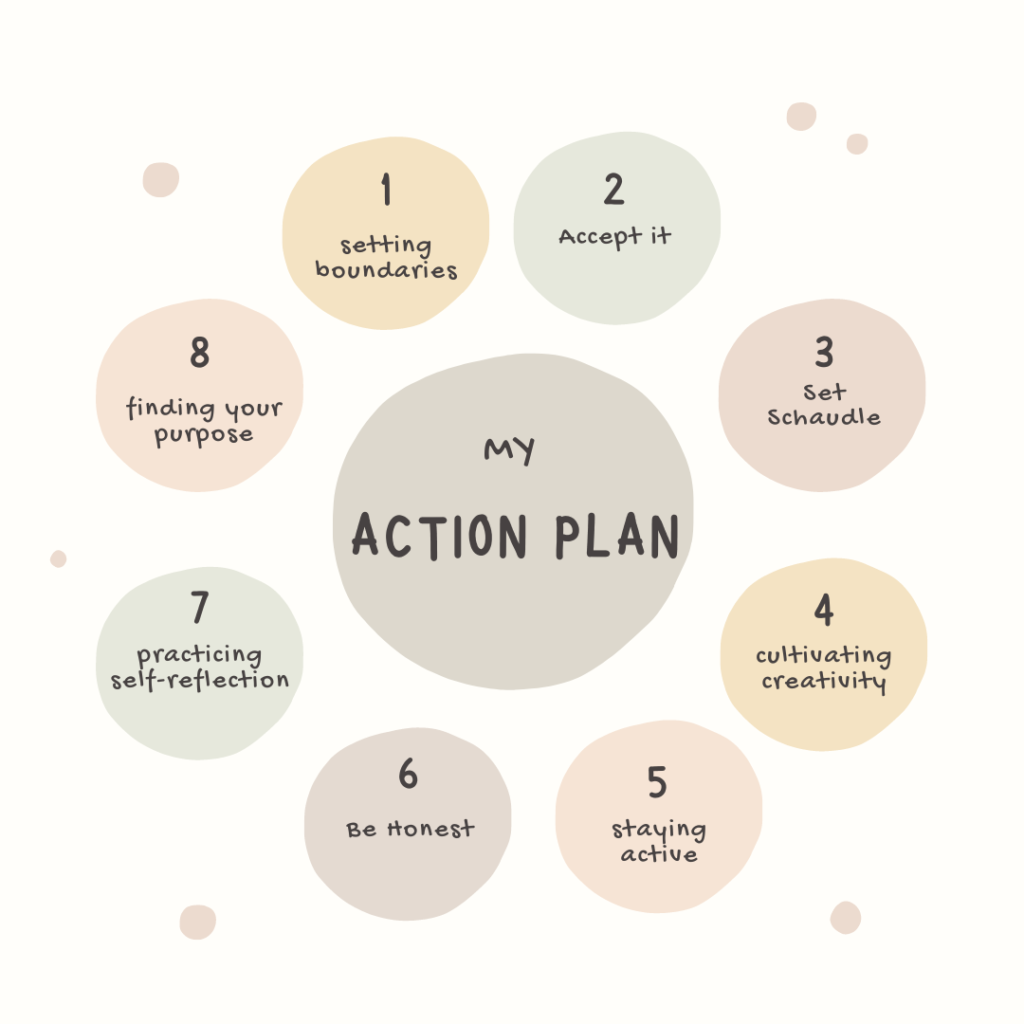
When I say “accepting” procrastination, I mean this: realize that there is nothing wrong with you for procrastinating—it’s just a habit! The key to beating it (or rather, not letting it beat you) is learning how to break yourself out of the cycle of inaction and get stuff done despite your desire not to do so.
One of the best ways I’ve found to do this is by setting realistic goals for myself—ones I can achieve in a given amount of time—and rewarding myself when those goals are met. This works especially well if you’re working toward something important like a promotion or a new job position where deadline pressure is high and you need every minute of every day to be productive.
Set a schedule for yourself.
The best way to beat procrastination is to set a schedule for yourself.
If you’re someone who often procrastinates, the first thing you should do is ensure you’re giving yourself enough time to complete the task. If you don’t have enough time, it will be really hard for you to get started. Then, set aside some specific time every day or week when you’ll focus on your project without any distractions. This could be an hour in the morning before work, or maybe it’s just 15 minutes every lunch break. Whatever works best for your situation!
You can also try scheduling another activity during this time so that when it’s time for your project, there’s no excuse not to get started immediately. For example, if your favorite TV show comes on at 8 pm every night and there’s no way around missing it… then watch it after work when you’ve finished all of your other tasks for the day!
Be honest
Be honest with yourself about the reason you’re procrastinating. If you don’t know the root cause, ask yourself why you avoid the task. What is your first thought when you think about it? What are your fears and doubts? Why do you think this task is so stressful or difficult? Once you have an answer, it’ll be easier to start working through your anxiety and getting back on track.
Don’t let negative thoughts spiral out of control.
If a negative thought pops into your head (e.g., “I’m going to fail at this”), try replacing that thought with a positive one (e.g., “I can do this”). It may sound simple, but research shows positive self-talk can reduce stress, improve moods, and help us stay on task!
Practice mindfulness.
This is a common tip, but it’s important to emphasize: mindfulness is not just about breathing deeply and relaxing your muscles. It’s about being aware of the present moment without judging it or trying to fix or improve it. When you’re experiencing anxiety procrastination, this can be challenging because you’re likely focused on how you feel and how to get rid of that feeling. But if you stay in the present moment—just feeling your feelings, without trying to fix them—you’ll notice that they don’t last as long or cause as much distress as they might have before.
Do one thing at a time.
If you’re experiencing anxiety, your mind will likely be racing about everything that needs to be done this week and how unprepared you feel for them all! It can help to take a deep breath and tell yourself that there’s no sense in worrying about everything right now; instead, just focus on one task at a time and let go of what comes next until later.
Recognize that it’s OK to be anxious.
Don’t beat yourself up for feeling this way—it’s a normal response to stressful situations. Instead, try to feel compassion for yourself and your emotional state.
Don’t let anxiety sabotage your goals by causing procrastination. Anxiety can make it difficult to get started on tasks that seem overwhelming or scary, so make sure you set small steps toward your goal and focus on each one individually as they come up instead of trying to tackle everything all at once.
Dealing with anxiety often means seeking professional help from a therapist or psychologist; this can help identify the root causes of negative feelings and plan strategies for overcoming them in the future, so they don’t return later down the line (which often happens when we try treating symptoms only rather than addressing underlying problems).
These approaches might include the following:
– setting realistic goals for oneself
– delegating tasks and responsibilities
– practicing mindfulness techniques
– seeking support from friends and family
– developing a routine for tackling daily tasks
Wrap Up
The main takeaway from this article is that anxiety procrastination is a common phenomenon and can be overcome. If you suffer from anxiety, it’s important to understand that your procrastination isn’t your fault, and there are ways to address it.
There are things you can do to help yourself overcome anxiety and get back on track with your work. For example:
- Learn how to manage your time effectively so that you have enough time left over at the end of each day for relaxation or self-care activities like exercise or meditation.
- Practice mindfulness techniques such as yoga or meditation daily (or at least several times weekly). This will help bring calmness into your life by helping you focus on the present moment instead of worrying about future events or past mistakes/failures, which may cause stress or anxiety-related symptoms such as depression.




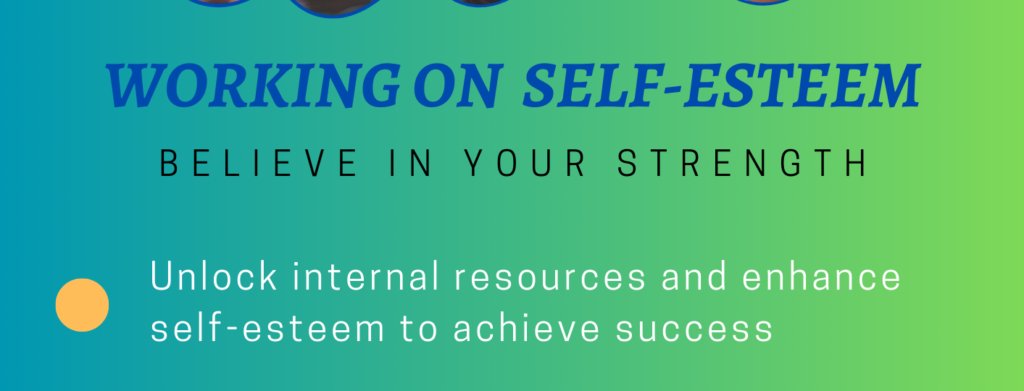
2 thoughts on “Anxiety Procrastination: How to Deal with”